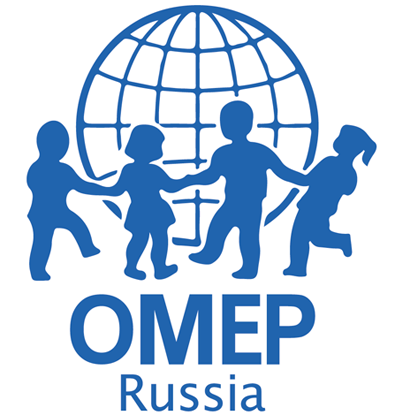Psychomotor, cognitive and emotional development of a child in the context of digitalization.
Book of Abstracts
The digital world dictates its own rules for mastering the surrounding reality, where a greater role is given to cognitive functions and less to motor and sensory ones. Motor characteristics are included in all types of activity and testify to the real potentials, resources and reserves of the body as a whole. Usually problems of sensorimotor development are expressed in clumsiness, poor coordination, delayed speech development, difficulties in sound pronunciation, emotional and communication disorders.
On the basis of LLC Scientific and Methodological Center Owl-Nyanka, a diagnostic procedure was created, the purpose of which is to determine the consistency of the sensorimotor spheres. The aim of the study was to teach the effectiveness of solving sensory-motor tasks in children aged 5-6 years. The income was compared with the data on some subtests of the metric scale from N. Ozeretsky's studies of motor giftedness in children. Quantitative data on the motor activity of children aged 5-6 in the 1930s and 2021s were given. using the subtest "Labyrinths". Based on the study, the following conclusions can be drawn: the time for solving sensorimotor tasks in children who passed the test in 2021 compared with children in 1930. At the same time, a decrease in accuracy was recorded: modern children make more mistakes when passing mazes. In addition, difficulties were found in orienting in the space of one's own body and in the task of maintaining balance. The importance of sensorimotor development in the functioning of cognitive processes, including abstract thinking, is emphasized both in the works of physiologists and psychologists of the last century (N.A. Bernshtein, B.G. Ananiev), and among contemporaries (E.A. Sergienko, B. M. Velichkovsky). In this regard, programs to study the dynamics of the formation and development of sensorimotor skills are relevant in the framework of preschool and school education.

Russian Psychological Society
e-mail: ruspsysoc@gmail.com

Federal Scientific Center for Psychological and Interdisciplinary Research,
Moscow, Russia
e-mail: forumdigitalchildhood@gmail.com

Psychology Department of the Lomonosov Moscow State University,
Moscow, Russia
e-mail: psy@psy.msu.ru



 2021
2021  2022
2022  2023
2023 2024
2024





